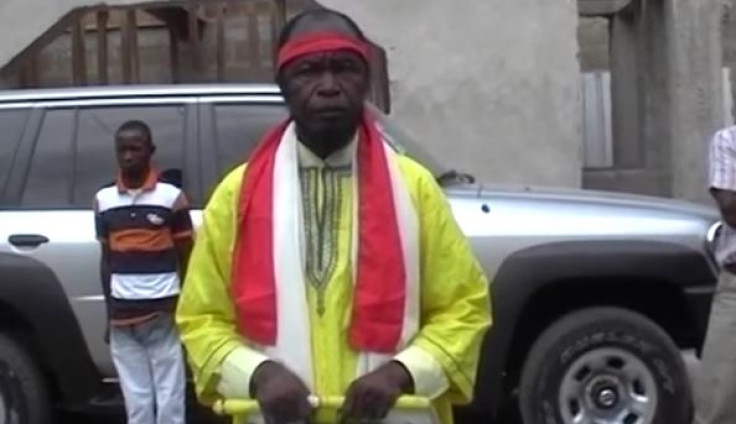DRC: Clashes between security and members of Bundu dia Kongo sect leave several dead
Secessionist group is banned by the Congolese authorities.

At least two people were killed and several wounded by Congolese security forces targeting members of the political-religious group Bundu dia Kongo (BDK) in the capital, Kinshasa, yesterday (13 February), it has been reported.
A source close to the operation quoted by RFI claimed BDK members initiated gunfire in the commune of Ngiri-Ngiri. According to the same source, the police were seeking to dislodge some 30 people, who were hiding, alleged waiting to create unrest in the capital.
BDK's secretary general, Me Futila, denied the authorities' version, saying security forces had attacked Nsemi's second home – which he said is still a building site. The assault allegedy began as members of the sect were praying.
RFI reported that clashes later erupted in the Joli Park neighbourhood, in Ngaliema commune, where Nsemi's main residence is located. There, witnesses said women, children and elderly people were among the men who were praying.
The violence comes after weeks of clashes between police and BDK members in the locality of Kimpese, in Kongo Central. Representatives of Kimpese's civil society reported some 20 people had been killed and several injured in the violence earlier this month.
The religious secessionist group was founded in 1969 and led by Ne Muanda Nsemi, who campaigns for greater independence of the generally ethnically homogeneous Kongo Central region (west of Kinshasa) from the rest of the Democratic Republic of Congo (DRC).
In the Kikongo language, Bundu dia Kongo means "Kingdom of Kongo'', in reference to followers' will to restore the ancient Kingdom of Kongo with its pre-colonial boundaries – encompassing parts of today's Angola, Republic of Congo and Gabon. The group is banned by the authorities.
Nsemi, the spiritual leader of the sect, earlier threatened the government in a video widely circulated on social media. In the footage, Nsemi raises doubts about President Joseph Kabila's nationality and urges people originating from outside Kongo-Central (formerly Bas-Congo) to leave the province. Authorities described his comments as "xenophobic" and an "insult to the head of state".
© Copyright IBTimes 2024. All rights reserved.






